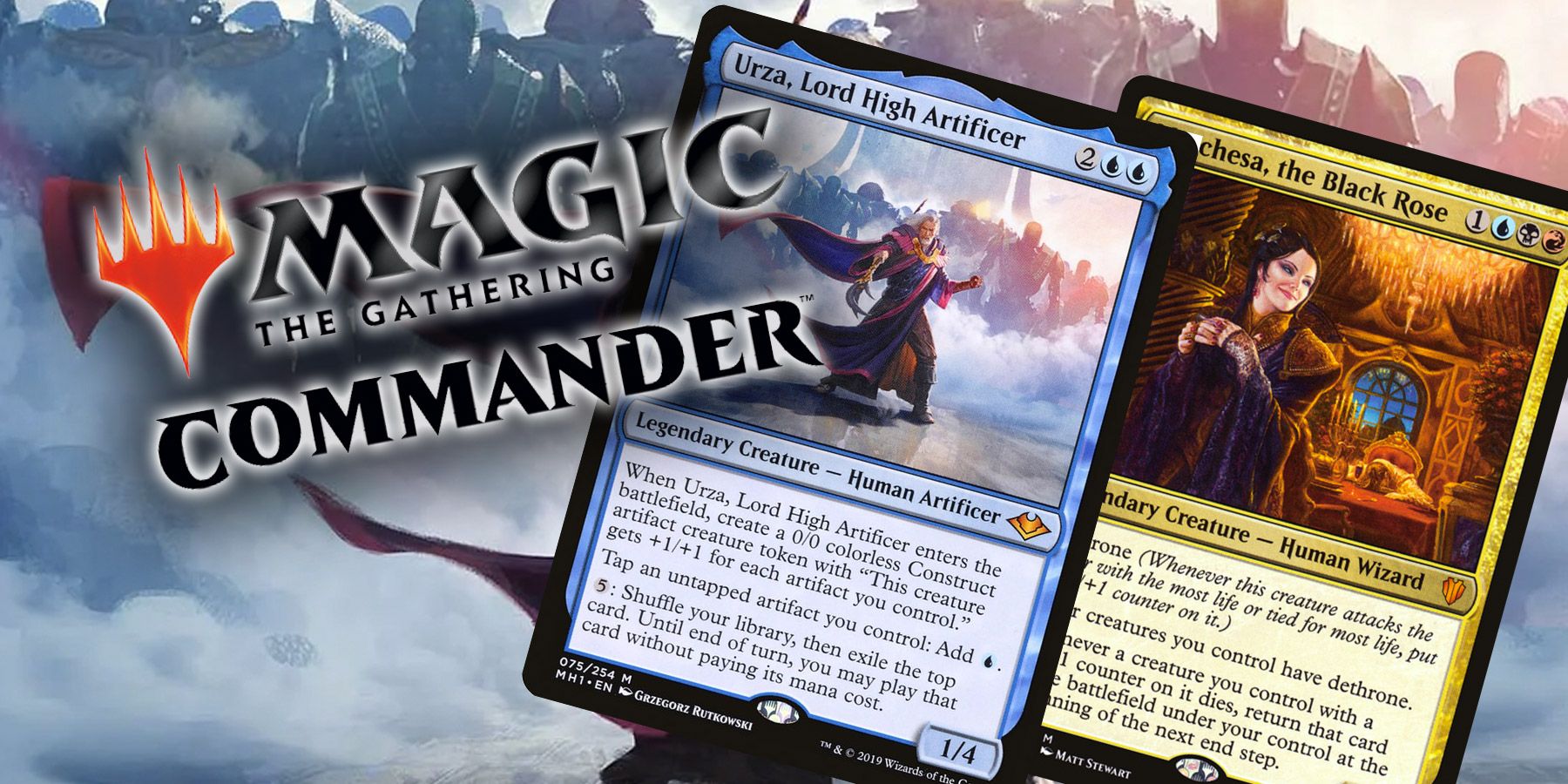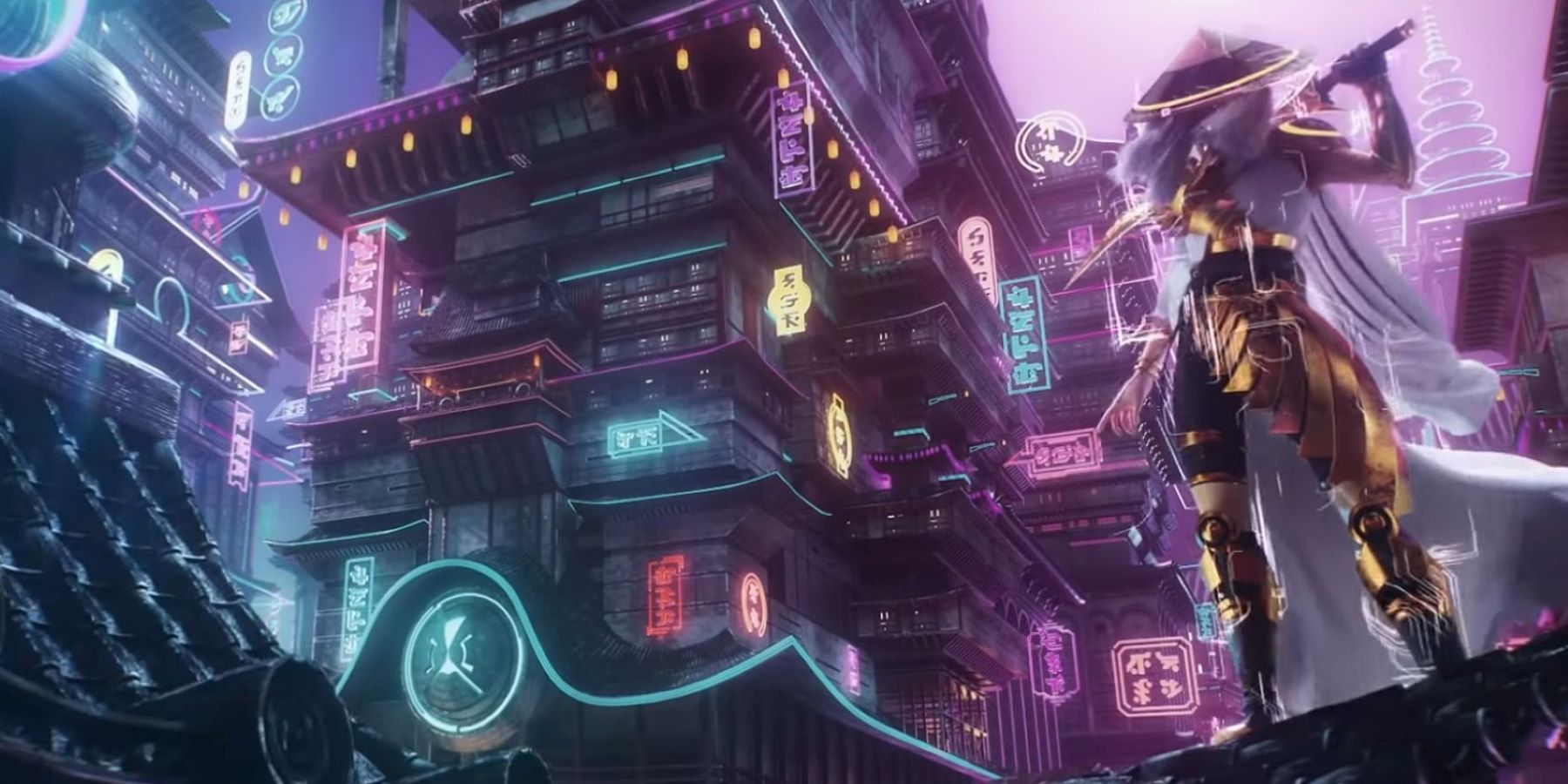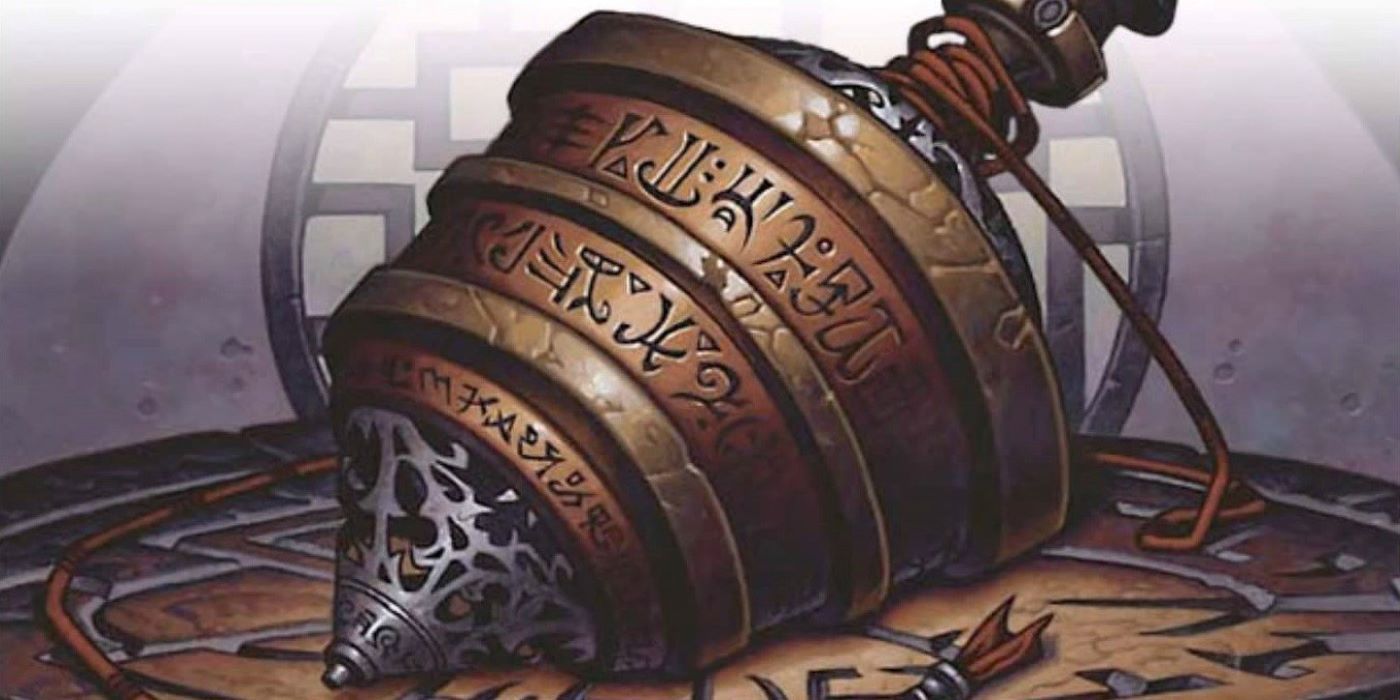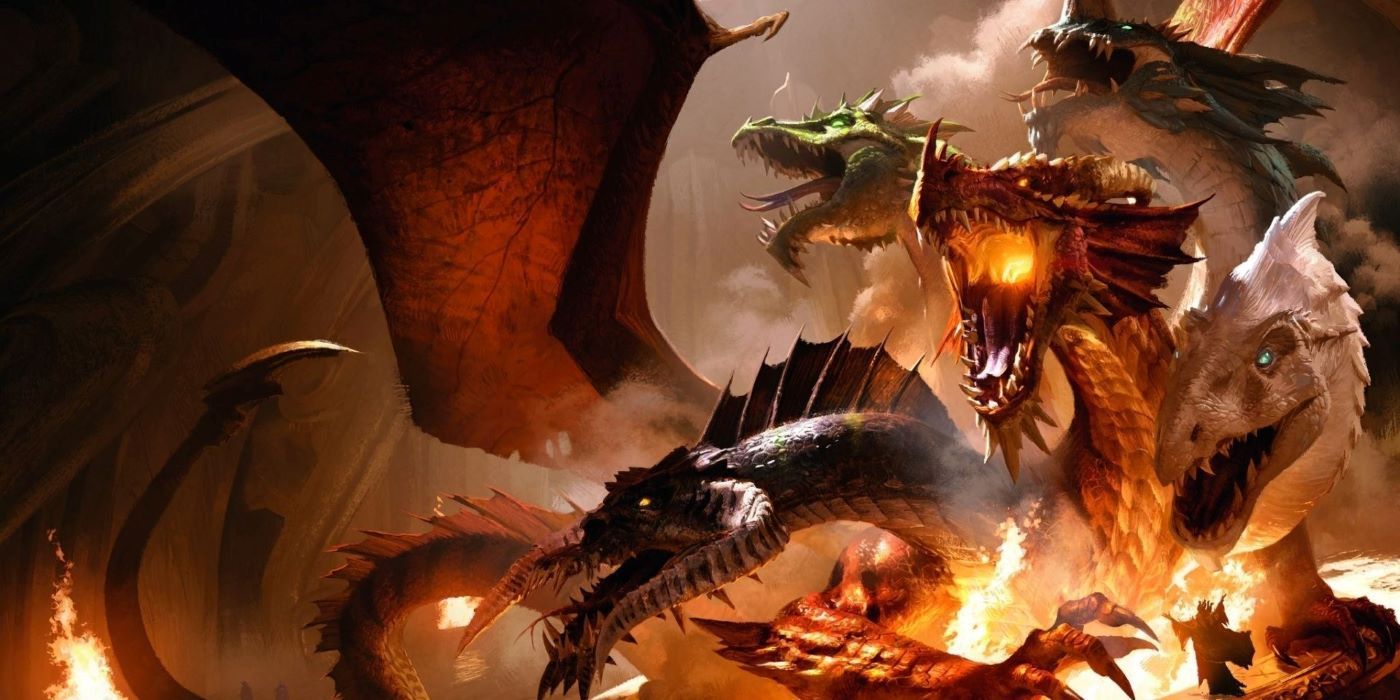
While not a Wizards of the Coasts sanctioned competitive format, Commander has become one of the most popular ways to play. Magic: The Gathering. While Magic: The Gathering is known as a highly technical and competitive game, but Commander has gained popularity as a more casual format thanks to its multiplayer nature and relatively affordable buy-in. But the competitive Commander, or Elder Dragon Highlander, as the format was originally called, is on the rise. In the competitive scene, players “pilot” multi-thousand dollar decks for a chance at even bigger purses, hoping to land winning combos in a matter of three to five turns, while preventing their three opponents from doing the same.
Like any form of high-stakes gaming, competitive EDH has huge potential for drama, compounded by EDH’s history of friction between casual and hardcore MTG players, and the format’s complex relationship with Wizards of the Coast. The format was not originally developed by Wizards and as a result, most competitive Commander tournaments are organized and hosted by third parties. Game Rant spoke to Jacob “Bad Dog” Lerner, a pilot and “brewer” (deck builder and theory maker) on the Southern California Commander scene, about a recent experience at a professionally organized tournament as both a whistleblower and cautionary story of bias and gatekeepers in the competitive community.
The Frank and Son Tournament
Monarch Media, which describes itself on Twitter as “a non-profit” MTG tournament organization specializing in cEDH content,” hosted a tournament at the Frank and Son Collectible Show in City of Industry, CA on September 3 and 4. The tournament was presented in partnership with Cash Cards Unlimited, a game store founded by former NFL linebacker and Commanding enthusiast, Cassius Marsh, and carried a $300 entry fee with a $30K guaranteed prize pool.On the first day, Lerner was able to participate without incident, but on the second day he was approached by the event staff.
“Two judges escorted me outside the tournament venue. Even event security was confused about what was going on. But the judges took me to an alleyway where Joking confronted me. He told me, ‘I have reason to suspect you’re Bad Dog.’ I say ‘I’m not’ because I know he can’t prove it He tells me I won’t be playing in rounds five and six So we walk back in and Joking goes in the back to ‘set the situation. ‘”
Nick Hammond, who plays MTG under the handle “Joking101,” is the director of Monarch Media. He also published a 59-page “cancellation document” accusing Bad Dog of systematic harassment in the competitive EDH community, which ultimately resulted in Lerner being banned from a number of competitive EDH Discord channels and Reddit forums. When he signed up for the tournament, Lerner avoided using his regular MTG because he expected problems with the registration, given his history with Hammond. It is important to note that Monarch had no formal relationship with the forums from which Lerner was removed and that the cancellation document had no official affiliation with any of the other event sponsors or the host store.
Lerner came to the event alone in an attempt not to profile himself, but he had several friends at the tournament who were concerned about the situation and contested his disqualification. “Someone suggested everyone pretend to be ‘Bad Dog’. It was like a real life ‘I’m Spartacus!’ moment,” Lerner recalls. Finally, after Hammond spoke to Marsh, Lerner was given a refund and asked to leave the event immediately. While he was not given a clear justification for disqualification, Lerner complied.
After the tournament, Hammond took to Twitter to address the matter, claiming that Lerner was banned from Monarch events with the public release of the aforementioned cancellation document. He also claimed that Lerner threatened him by saying “your time is numbered” when he was removed from the tournament.
The information cartel
Lerner knows he is a controversial figure in MTG‘s competitive EDH community, but he also believes his experience is a symptom of systemic problems rather than a personal grudge. In particular, Lerner is concerned about the overlap between influencers directing online discussions about deck building, forum moderators controlling the conversation in discrete EDH communities, tournament organizers hosting competitive events, and the sanctioned Wizards of the Coast judges judging the game. :
“Competitive EDH is basically an information cartel. A powerful group of moderators from Boston – high-ranking figures in the competitive EDH community – are essentially conducting the conversation. Many of them are influencers trying to gain influence. So they stick together and have a tremendous amount of influence in terms of representation on the East Coast.”
Because of the huge library of cards and the ever-changing list of MTG mechanics, professional level MTG Tournaments, whether their format is officially approved or not, must be run by judges approved (but not employed) by Wizards of the Coast. When the legality of a particular piece becomes ambiguous, judges are called in to clear things up. But even for experienced judges, commanders’ statements can be surprisingly subjective. Lerner argues that the discourse in these online forums lends itself to a groupthink that leads to bias towards certain playing styles and players.
Lerner’s claim is difficult to substantiate, but his concern is justified. There is a conflict of interest between influencers, tournament organizers and judges who form an unspoken united front. If those same influencers reach consensus with the players involved in the judging and organization of events, players who deviate from socially prescribed tactics and deck structures could be viewed as problem children, opening the door to prejudice, if not outright bias in judgments. . And the money to earn MTG tournaments is just the tip of the iceberg.
The Commander’s Effect on Magic ticket prices, especially land and dual land, indicate the huge overall impact of the format MTG. For savvy investors, it can simply be very lucrative to influence the trends in the Commander market. The Commander community is particularly vulnerable to these kinds of gatekeepers by majority consensus, due to Wizard of the Coast’s hands-off approach to the format, but that could change soon.
The third wolf
Lerner believes official Wizards of the Coast-sanctioned Commander events are only a matter of time. Lerner provides an analogy where Wizards of the Coast is a third wolf. By allowing Monarch, Eminence and other Commander tournament organizers to work out the kinks in a competition format, it can reap all the benefits of research and development without taking any risks.
“Wizards of the Coast certainly communicates with tournament organizers like Monarch and Eminence. I suspect WOTC is trying to use them as base work or risk-free prototypes for their own tournaments. If there are three wolves competing for a mate, one wolf will wait until his competitors weaken each other and then kill the victor of the first battle.”
What that means for Commander’s future, however, is unclear. If WOTC decides to use existing competing EDH event organizers, the risk of meta-fixing and bias could remain forever as the same conflicts of interest would exist. By creating its own competitive platform, WOTC could once again act as a definitive authority point within the community. Even if third-party tournament organizers continue to run their own “grey area” tournaments, players like Lerner would be able to take their decks elsewhere to compete.
Unfortunately, the former result seems more likely than the latter, as Commander tournament organizers rely on a real-life conceit that conflicts with WOTC’s goal: proxies. As the name suggests, proxies are cards that are used in place of other cards; especially the ones that are priceless. Current Commander event organizers adhere to a common proxy list to allow for a wider variety of decks in competition. However, WOTC cannot allow any kind of proxy listing in officially sanctioned play without catastrophic devaluation of the highly lucrative MTG. In that sense, using third parties to host professional but unsanctioned tournaments is a brilliant solution.
Despite this intricate nexus of issues, Lerner is hopeful about the format’s future. He sees the quest for social media influence – and the inevitable drama that comes with it – as the main enemy of healthy competition MTG play. To that end, he urges new players to turn down content creators who talk about deck and card level lists, pointing out that “most people who go on and on about tournaments have never won a tournament.” Instead, he suggests players have fun, “discover what” [they] are good at it, and rock it.”
Magic: the meeting is now available.




0 Comments